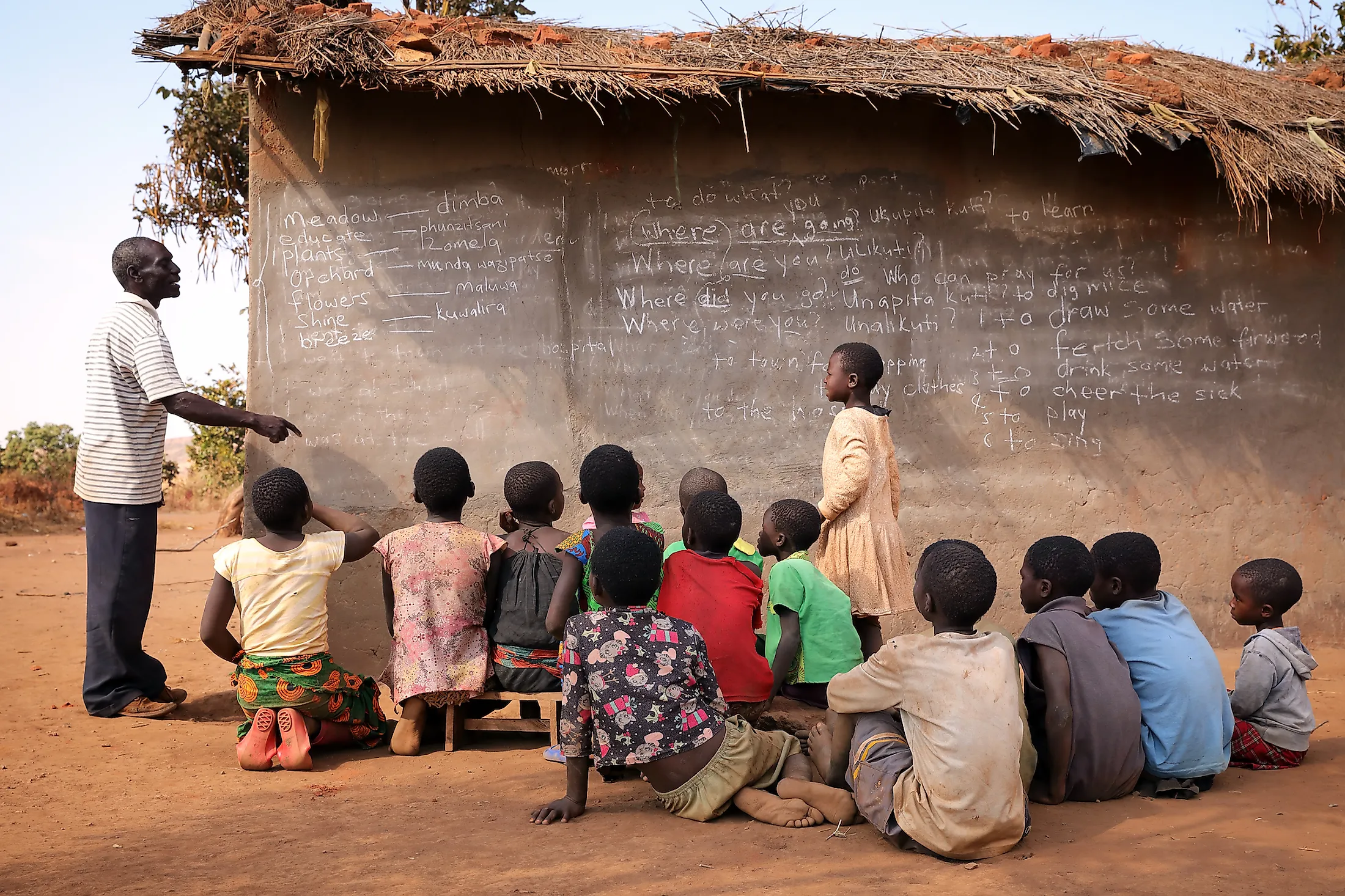
Characteristics of Third World Countries
Poverty
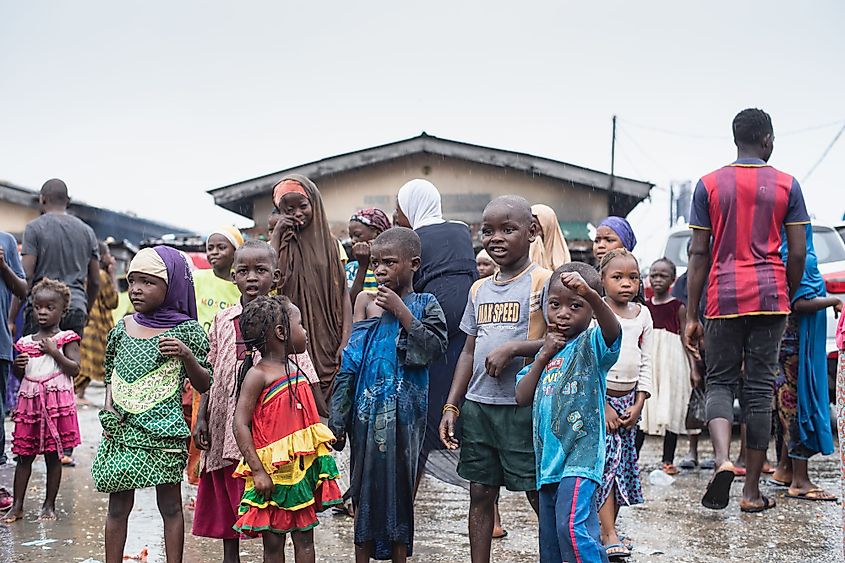
Poverty exists everywhere in the world, even in developed countries. But poverty in third world countries is much more widespread. Third world countries have significantly higher portions of their populations living in poverty. In most cases, there is little to no semblance of a middle class. Oftentimes, a third world country has a handful of people who are wealthy, while most of the country’s population is poor and destitute. In some third world countries, there is extreme or absolute poverty, in which people are so poor that they are at risk of dying. In many African countries, extreme poverty is quite common, and is often caused by famine, drought, or armed conflict. There are third world countries, such as China, where extreme poverty is exceedingly rare, and there is a growing middle class, but much of the population still lives in poverty.
Poor Governance
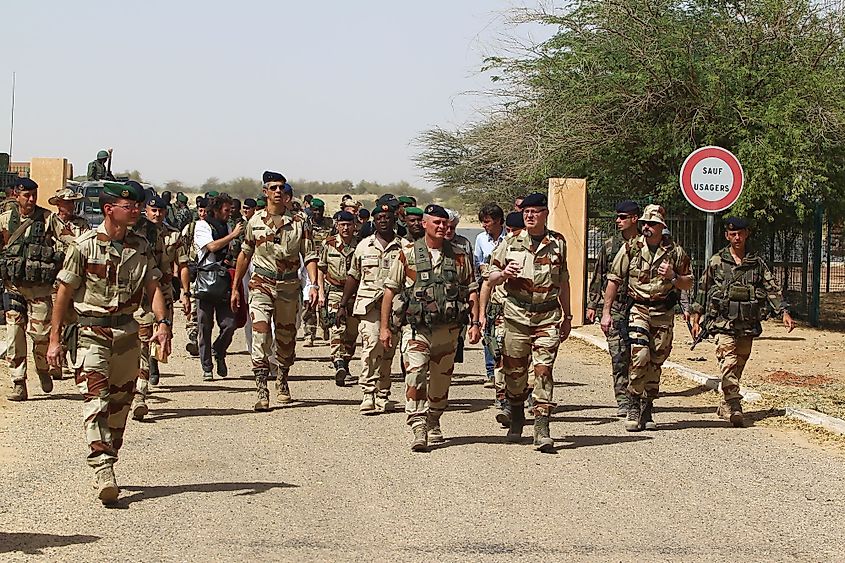
Most third world countries suffer from a lack of effective governance. In some cases, the government of the third world country in question does not have very effective control over its territory, and its institutions are very weak. In such cases, there are often other groups who challenge the authority of a country’s legitimate government. In the Western African country of Mali, for example, much of the northern part of the country is controlled by ethnic and Islamic fundamentalist militias. It is they, not the Malian government, who have the authority in the northern region of the country. For years, the Malian government, with the help of Western allies, has attempted to regain control of the country’s north, but with limited success. Other countries in Western Africa, such as Niger, Burkina Faso, and Nigeria, have also struggled to contain the Islamist groups.
In other cases, a government may have effective control over its territory, but there is still poor governance in terms of the rule of law. For instance, the constitution of the People’s Republic of China accords Chinese citizens equality before the law, as well as protection of basic civil liberties, such as the right to free speech and freedom of assembly. In practice, however, China is a one-party dictatorship where human rights are routinely violated and dissent routinely suppressed. Thus, it is as if the constitution does not exist.
Political Instability
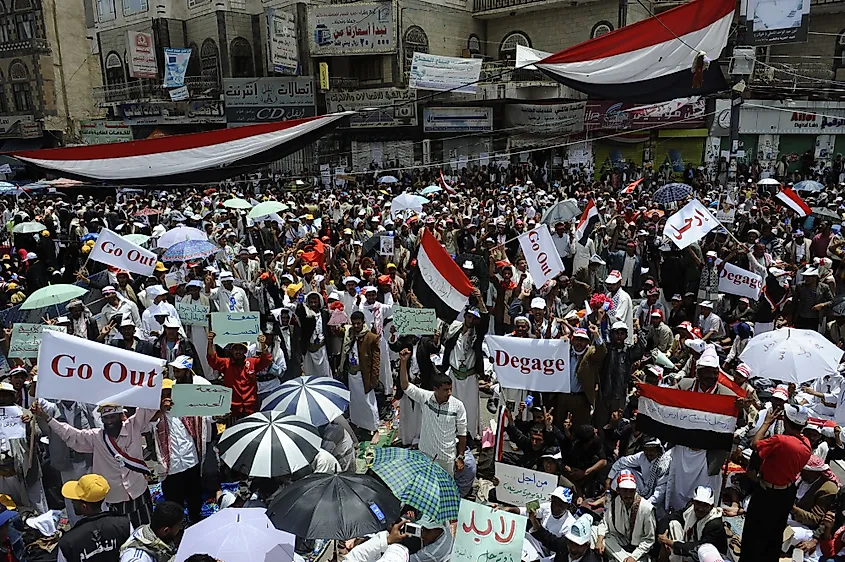
Third world countries tend to be politically unstable. Usually, this means that there is a lot of potential for violent conflict. Since Comoros gained independence in 1974, for example, there have been a total of 20 coups in the Eastern African country. Many third world countries have had full-scale civil wars. In the Middle Eastern country of Syria, for example, a civil war involving the government and various factions has raged for a decade. The Northern African country of Sudan had a decades-long civil war that resulted in the southern part of the country seceding and becoming South Sudan. Shortly after gaining independence, however, South Sudan itself descended into a civil war. Meanwhile, the Eastern African country of Somalia has lacked an effective government since the early 1990s.
The Legacy of Colonialism
Most of the world’s third world countries were at one time colonial possessions of the European powers. In many instances, these European powers drew up borders that did not take into account the national aspirations of the local population. Thus, once these countries gained independence, they often had to deal with the competing interests of various ethnic and religious groups who were forcibly put together in the same territorial entity. This is especially true of Africa and the Middle East, in which nearly all the borders were drawn up by European powers. The result was the emergence of multiethnic, multi-religious countries in which ethnic and/or religious conflict materialized shortly after they achieved independence.
Young Countries
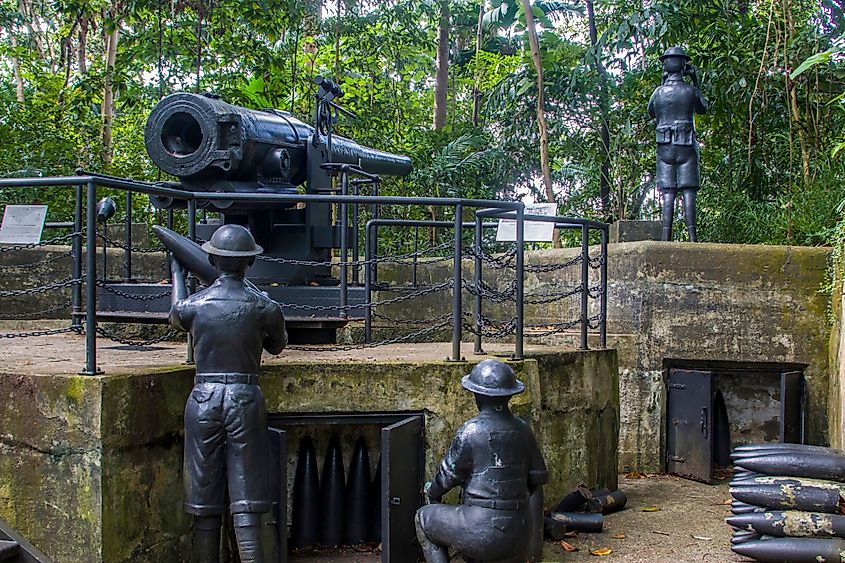
Most third world countries are countries that achieved independence within the space of a century or less. Most countries in Africa, the Middle East, and Southeast Asia gained independence after World War II, or shortly before. In contrast, most developed countries have had much more time to resolve whatever conflicts they had in the past, as most of them have existed for centuries. There is virtually no country or region that is considered part of the developed world today that did not have to go through a period of violence and instability before becoming part of the developed world. Even the United States, which is now the most powerful country in the world, had to survive a bloody civil war that nearly tore the country apart before it became the superpower that it is today.
Changing Terminology: The “Global South”
After the Cold War, one term that emerged to challenge the prevalence of the term “third world” was the term “global south”, which alludes to the fact that nearly all of the world’s developing countries are located in the southern part of the world, in Latin America, Africa, Asia, and Oceania. In contrast, most of the world’s rich, developed countries, including Canada, the United States, the countries of Europe, and Japan, are situated in the north.


 Users Today : 603
Users Today : 603 Total views : 473741
Total views : 473741